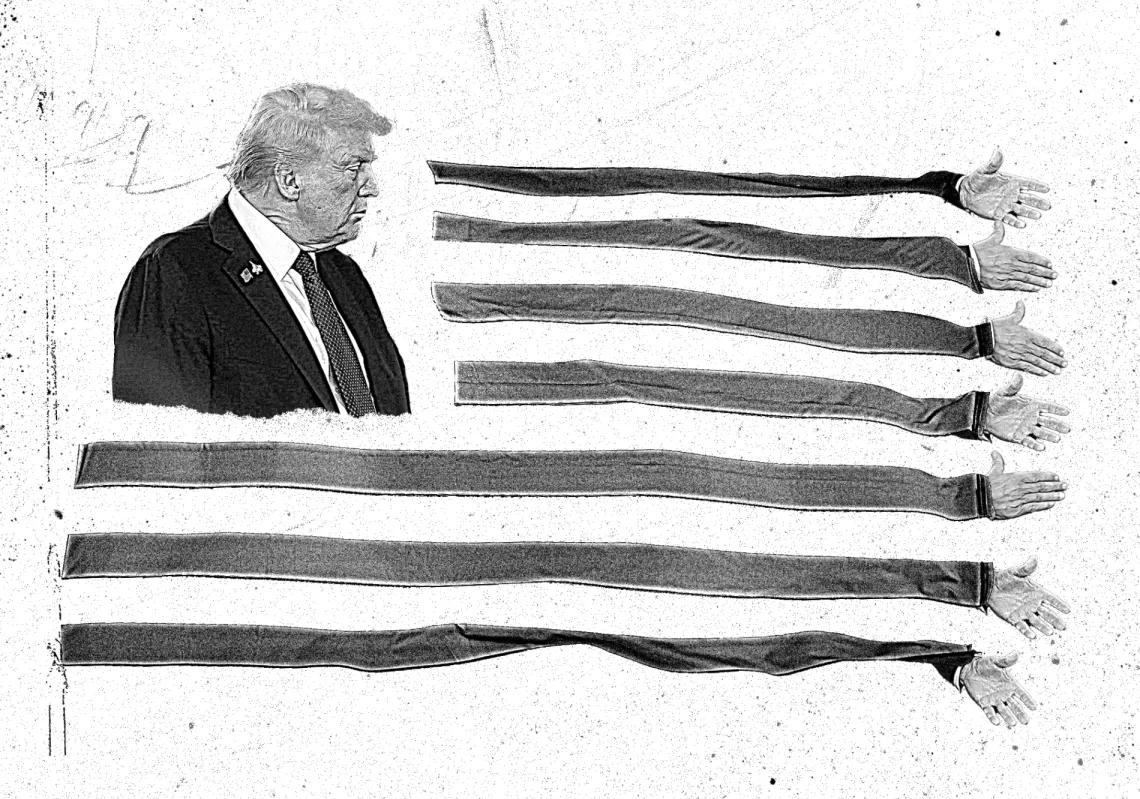Unwilling to yield international real estate under the control of the Pentagon, President Barack Obama has just crushed the political life of Japan Prime Minister Yukio Hatoyama, who this week resigned from Japan’s top government job. This is all the more important because Hatoyama and the spectacular success of his Democratic Party of Japan over the long-ruling LDP had an Obama-like “yes we can” momentum that was giving Japan a “Democracy 2.0” opportunity.
On the other hand, Israel’s prime minister Benjamin Netanyahu has been provoking, rebuffing and constraining Obama. The recent US-Israel collision over expansion of Israeli settlements in East Jerusalem and the provocative Israeli Defense Force raid that killed 9 and injured scores more on a politically motivated flotilla of Turkish ships carrying humanitarian supplies to the blockaded Gaza are also tests of American power and Obama’s resolve. So far, Netanyahu is clearly winning.
Then on the US-China front, Obama and China’s Hu Jintao seem to be stalemated, playing jan ken pon over and over and over again.
“Defining challenges” for leaders and nations are those that represent the highest stakes wins and most consequential losses. The United States, for example, invested enormous blood and treasure in triggering change in Iraq and the region and thus the Middle East today is a self-chosen defining challenge for the country. For Barack Obama, there were other defining challenges that he promised to stand by – including closing the Guantanamo Bay detention facility, “stopping” climate change, ending the war in Iraq, achieving Israel-Palestine peace and delivering the opportunity of universal health care coverage to American citizens.
Yukio Hatoyama also articulated his own defining challenges – including ending bureaucratic control of government and restoring genuine political leadership, opening up Japan’s official records of secret deals done with the U.S., enhancing the quality of life for average Japanese citizens, closing the Futenma Marine Corps Air Station in Okinawa, improving Japan’s position and sovereignty within the US-Japan Security Relationship and building stronger relations with China among other challenges.
For Netanyahu, the defining challenge has been to simultaneously protect Israel’s security interests and expansion in the Occupied Territories while rallying support to thwart Iran’s nuclear pretensions.
For Hu Jintao, it has been to incrementally increase China’s global economic and geostrategic position while maintaining high economic growth and not destabilizing the country or creating new costly burdensome international responsibilities for China.
The interactions between these leaders show how power is deployed and measured, created and destroyed. Netanyahu and Hu Jintao have played their hands best. Obama has been beaten, constrained, but still has global leverage, and Yukio Hatoyama — despite his promise — was constantly on the losing end of jan ken pon.
While the United States and China have been testing each other from the earliest days of the Obama White House, with the relationship moving from global economic crisis-focused harmony to tensions recently over the Dalai Lama, Taiwan arms sales, and how to deal with Iran, fundamentally the US and China have moved into a de facto G2 arrangement that doesn’t necessarily mean that the US and China run the world but does mean that nearly every major global challenge requires consultation and policy coordination between these two global behemoths. China can veto America’s global efforts and the US can veto China’s. So far, there is general stalemate – jan ken pon, jan ken pon – as they sort out the realities of emerging Chinese power in an international system over which the US is not willing to forfeit control.
Obama and Hu Jintao are for the moment tied, which historically speaking, represents a substantial moving up in the ranks for China and diminished power for the U.S.
When it comes to US-Israel relations, Barack Obama started out strong, appointed distinguished former US Senator and Northern Ireland peacemaker George Mitchell to go to work on achieving the same between Israelis and Palestinians, and indicated that Arab states would kick in some normalization-tilting gestures with Israel if Israel would cease all settlement expansion.
Obama’s equation for moving Middle East peace forward was just too quaint and simple. Even though Israel is completely dependent on American security guarantees and aid and is genuinely a client state of the United States, the pugnacious prime minister of Israel, Benjamin Netanyahu, flamboyantly rebuffed Obama’s call to stop settlements. Obama, with some twisting and modification of his position, has essentially forfeited the match to Netanyahu.
During the early part of the John F. Kennedy administration, Soviet leader Nikita Khrushchev beat Kennedy in similar challenges and began to doubt Kennedy’s resolve and strategic temperament – leading to the Cuban Missile Crisis. Today, Netanyahu has become the Khrushchev of the Obama administration – and one wonders if a crisis lies ahead in which Obama will have to reassert his primacy lest the world think that Israel runs the United States and the Obama presidency.
The Gaza flotilla strategy is yet another tilt in the direction towards a high stakes showdown.
But while the Israeli Prime Minister is beating Obama, Obama has smashed the political viability of the democracy-revitalizing Japan Prime Minister Yukio Hatoyama.
Hatoyama conceded on a key campaign promise to move Futenma Marine Air Station off of the heavily US-base covered island of Okinawa. Now, some minor functions of Futenma will be transferred off island, but the bulk of the facility will simply be moved to the northern end of Okinawa.
Barack Obama applied huge pressure on Hatoyama, asking him personally and sternly, “Can I trust you?” The U.S. President maintained an icy posture towards Hatoyama, hardly communicating with him or agreeing to meetings. Hatoyama wilted in the ice storm. Contrasting this with the warm invitation to former Prime Minister Taro Aso to be the first official head of government to visit the White House and Secretary of State Hillary Clinton’s decision to make Tokyo her first foreign destination, one can see that while America seems unable to muster pressure to achieve a “win” with Israel, it is more than able to dominate the leader of a rich nation of 127 million people.
Hatoyama did not survive this rebuke by the United States and this policy reversal that made him appear dithering and weak before Japan’s voters. But this isn’t over. Obama’s handling of the Futenma fiasco will have ongoing consequences — reminding Japan’s citizens that they are not really in control of their own circumstances, that they are to some degree still occupied by the US military and unable to tell America “no” in the matters that the US doesn’t want to accept.
Like Hatoyama, Obama made promises he had to renege on and couldn’t keep — but he didn’t lose his job over it. Obama promised to close Guantanamo Bay within one year of his presidency. This was a major commitment, and the administration failed to achieve it. But the US is not a parliamentary democracy where executive leadership can rise and fall over a single issue at any moment. Presidents get a time period to stack up their wins and their losses so that when re-election comes around, they are measured on a combination of issues.
Japan, despite all of its considerable strengths and what could have been exciting, visionary new leadership from Hatoyama and his Democratic Party colleagues, is still a vassal of the United States – whereas the United States appears more and more a vassal of Israel’s interests – and on China, we’ll just have to wait and see how history tilts.
Steve Clemons directs the American Strategy Program at the New America Foundation and publishes the popular political blog, The Washington Note







